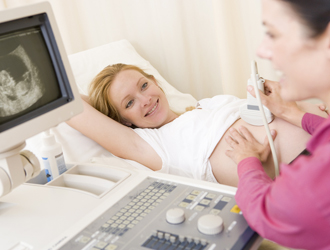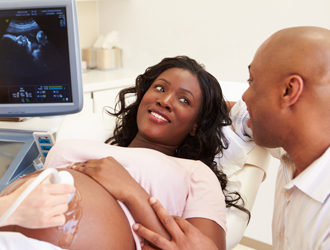During pregnancy, your body will undergo many changes. Some of these changes may cause some discomfort; others may seem to you downright alarming. However, rarely is there any serious cause for concern. Here’s a short guide to some common pregnancy complications.
There are many common pregnancy symptoms, and most of these are highly treatable. If you have any questions or concerns, contact your health care provider for advice.Read on to discover some common pregnancy complications:
Urinary Tract Infections during Pregnancy
A UTI is usually accompanied by pressure on the lower abdomen and a feeling of pain or burning when urinating. It may also be accompanied by nausea, back pain, fever, or fatigue. If you have any of these symptoms, see your doctor. A UTI is easily diagnosed with a urine sample and treated with antibiotics. Once treated, a UTI will normally disappear within a matter of days.
Pregnancy Anemia
Anemia is the condition of iron-deficiency. If you have low iron, you may feel tired, look pale, or have trouble breathing. Symptoms of anemia may be easily dismissed as common pregnancy symptoms. For this reason, your doctor will regular check your iron levels throughout pregnancy and may recommend an iron supplement to counter the risk of anemia.Gestational hypertension
High blood pressure that develops during pregnancy is known as gestational hypertension and typically develops during the second half of pregnancy. Gestational hypertension normally goes away after delivery, but may be treated with medication if severe. If you have a history of high blood pressure, your doctor will likely recommend your blood pressure be monitored and controlled with medication throughout pregnancy.
Gestational diabetes
Gestational diabetes is a condition during pregnancy which can lead to high sugar levels in your blood stream. The condition usually goes away after delivery, and most women are able to maintain their sugar levels through diet and exercise. Your healthcare provider will regularly screen your glucose levels between the 24th and 28th week of pregnancy to check for this condition. Although gestational diabetes can lead to the development of diabetes later in life, the condition normally disappears
Premature labor and birth
If you experience contractions before your 37th week of pregnancy, you may be due for early labor. Premature labor and birth can lead to complications for your baby. The more mature your baby is at birth, the more likely he is to survive. Preterm labor can sometimes be slowed or stopped by medication, and studies show it may be prevented with progesterone supplements.Possible complication after childbirth to check for with your doctor:
Rh Negative Disease
Ranging from mild to severe, Rh Negative Disease is when the mother is exposed to the fetus’s blood. This can lead to the development of antibodies and affect subsequent pregnancies and potentially the health of the current fetus. Your doctor will generally check for this disease early in the pregnancy and provide medication if necessary to prevent the buildup of such antibodies.
Group B Strep
About one in four pregnant women carry Group B Strep (GBS) bacteria without their knowledge. GBS bacteria can lead to infections affecting the womb, bladder, and fetus. You will likely be screened for GBS between the 35th and the 37th week of pregnancy with a sample from the vagina or rectum. GBS infections are highly treatable with antibiotics.




